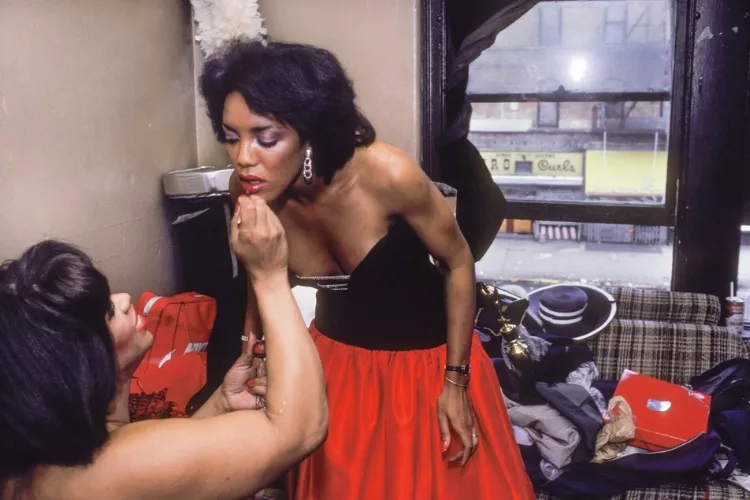
People pleasers, unite! Are your own needs consistently at the very bottom of your to-do list? Or maybe you shy away from conflict and lock your opinions away? You may feel horrified knowing someone isn’t your biggest fan and you dodge the word ‘no’ like nothing else.
These are all depictions of a classic people pleaser. If you’re living in the trenches of this, it’s time to make acquaintance with NO. Saying yes feels safe. It reflects our innate desire for acceptance and conflict avoidance. Many of us hold onto the idea from childhood that no is an indirectly mean, nasty word that hurts people’s feelings. So life suddenly becomes a parade of yeses, even when it goes against what you actually want or need.
Risky Behavior
People pleasing does not make you a bad person—quite the opposite. It is often mistaken for kindness and people pleasers are typically empathetic folks. Humans are naturally social and our survival depends on being agreeable and building healthy connections with others. The key word here is ‘healthy’—and many people skirt around this which results in chronic people pleasing. Usually, these tendencies are a shield for introverts or used as a coping mechanism.
This behavior can bring up a host of problems. People pleasers are at a higher risk of becoming burnt out, developing depression, being subservient and in unbalanced relationships. It can even wobble into the complicated world of intimacy and consent, by trespassing personal boundaries simply to prioritize other wants or needs. It often comes down to never being taught how to set healthy boundaries in sensitive scenarios.
It’s time to take charge and venture into the following practices to invite increased balance and boundaries into your life.
Bounded by Boundaries
Considering boundaries as a beautiful personal portfolio can remove their intimidating nature. They are a handbook or set of rules that you create that allow not only others, but yourself to fully understand physical, emotional and spiritual health limitations. And the thing about portfolios/handbooks is that they can—and should be—updated regularly. Boundaries do not need to be rigid but can be the opposite, so long you are comfortable and in charge of the changes.
Boundaries are wildly empowering and help form strong, healthy relationships of mutual respect and understanding while improving confidence and self-esteem.
Getting to Know No
START SMALL
Starting with a gentle or “soft” no can be a little easier. The next time you want to say no, try saying, “Thanks for thinking of me, but I can’t this week.” Keep it short and sweet, without being overly apologetic and without qualifiers. For example, try saying ‘no’ without the typical “but”, “sorry”, or “can’t” afterwards.
Practice this exciting new word with your safe squad, those people you trust and who regularly show up for you in support, making it easier when you introduce ‘no’ into wider circles. You may even want to ask one of your best friends to challenge you further, to storm your day with requests, with the intention solely for you to practice saying no. They can ask you anything, from “Can we meet for lunch in an hour?” to more outlandish requests like, “Can you pick up my groceries after work for me?” Then try reversing this exercise, so you get to hear “no” too, which can really help you get used to it and acknowledge how it makes you feel.
The Power of a pause
There is research that if you take even a brief pause, it can lead to improved decision-making. If you can’t pause in the moment, let the person or colleague know that you will get back to them once you check out your schedule/speak to your partner/etc. This buys you time to evaluate and determine if this is something you truly want to participate in.
Understand your goals
Spend time indulging in regular self-care and in introspection to deeply understand what makes your soul sing. Evaluate your morals, your values and consider your absolute dream life, including the small details. What steps are you taking to get yourself there? This will help you define your boundaries and understand your bandwidth. By creating a routine full of pockets of peace and plenty of joy, saying NO gets a whole lot easier.
Share your boundaries
Vulnerability brings people closer. Those that care about you, will undoubtedly respect your boundaries with affirmative action. Share your boundaries, if you are ready, with those you trust.
Pleaser Culture
The twisted irony with people pleasing is that its behaviors are considered socially acceptable, which can make the patterns even harder to break. However, inviting ‘no’ back into your vocabulary towards the activities, people or things that do not serve you can encourage more ‘yes’ in your life. Boundaries are beautifully freeing as they have the power to give you increased energy, happiness and time for the things that truly matter. Through patience and effort in creating healthy boundaries, ‘no’ can become your new best friend.
-marissa del mistro
Related Articles
Five Ideas for Self-Care when It All Feels Like Too Much
Environmental Grief is Real and We Need to Process It
What is Minimalism? Not What You Might Think!






